Judge LaDoris Hazzard Cordell joins us to discuss how racism finds its way into courtrooms – and about her efforts to be fair in an imperfect system.
Read more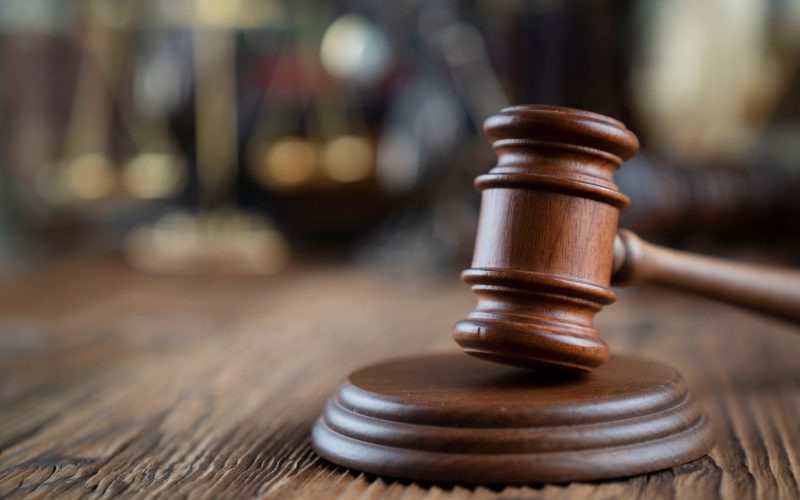


Judge LaDoris Hazzard Cordell joins us to discuss how racism finds its way into courtrooms – and about her efforts to be fair in an imperfect system.
Read more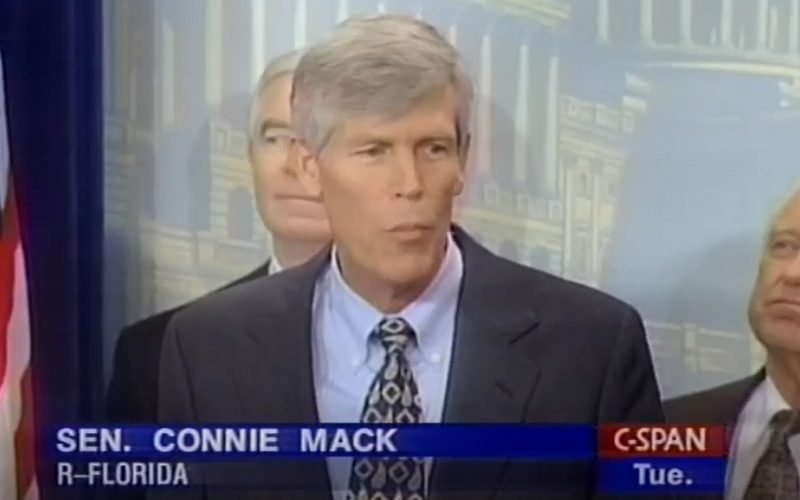
Senator Connie Mack joins us to discuss his years as a Reagan Republican, the social changes he pushed for, and the personal tragedy that led him to seek office in the first place.
Read more
Patrick Wyman, host of the Tides of History podcast, joins us to discuss the more salt-of-the-earth millionaires – whose wealth is derived from familial assets and low-wage workers – and the power they have over their local communities.
Read more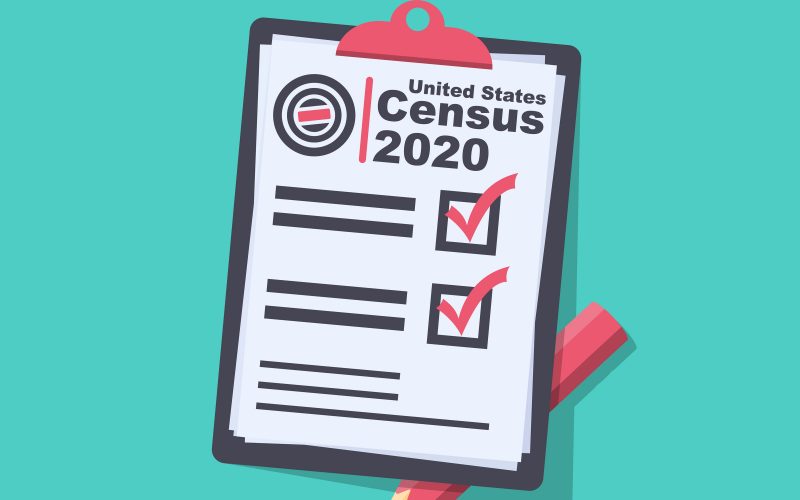
NPR’s Hansi Lo Wang joins us to explore what the latest numbers say about the country’s racial makeup – and how this snapshot of America drives everything from federal spending to representation in Congress.
Read more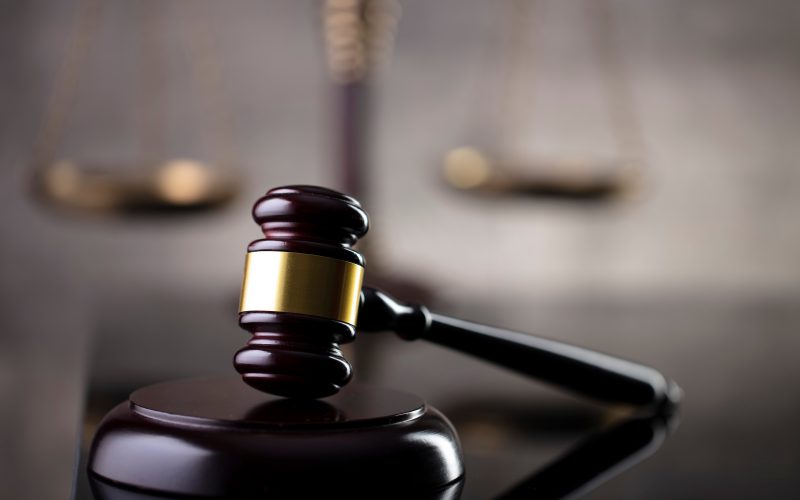
Michele Bratcher Goodwin is a chancellor’s professor at the University of California, Irvine and founding director of the Center for Biotechnology and Global Health Policy, and she joins us to talk about how weaponizing the citizenry takes a cue from the Fugitive Slave Acts, and how the practice might affect liberty today.
Read more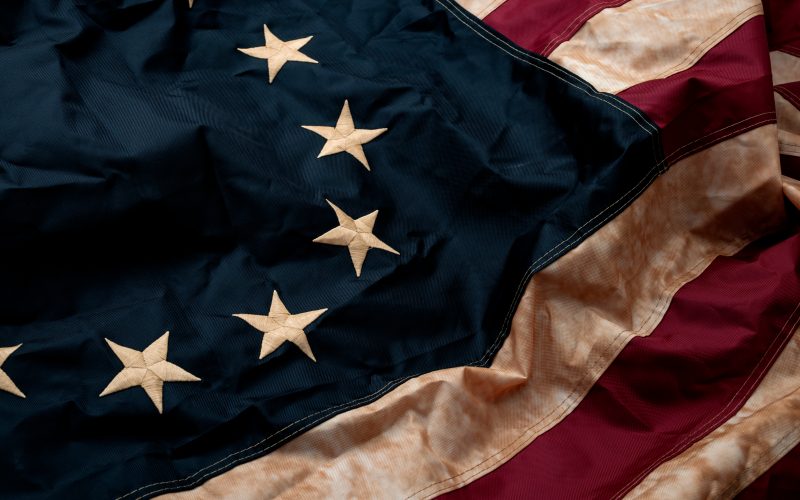
Princeton University historian Matthew Karp joins us to discuss how both sides of the political spectrum have used history lessons for wildly divergent purposes, and what that means for the truth.
Read more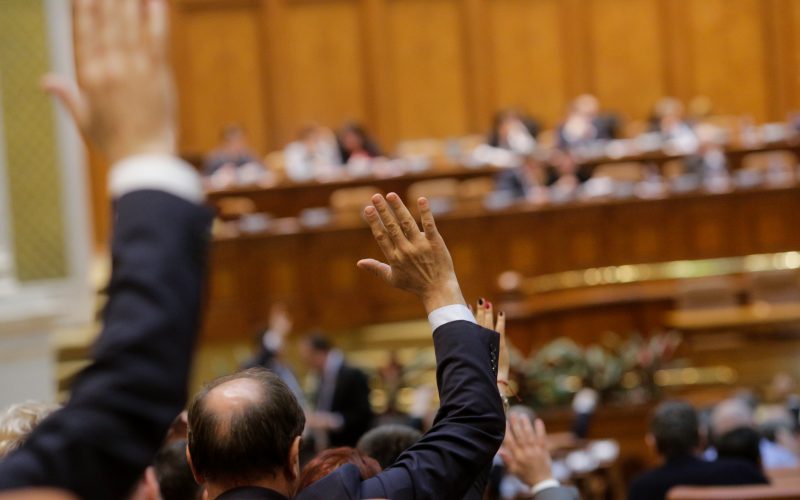
James Fishkin is a political scientist and director of the Center for Deliberative Democracy at Stanford, and he joins us to explain the process of deliberative democracy – and demonstrate successes it’s already produced around the world.
Read more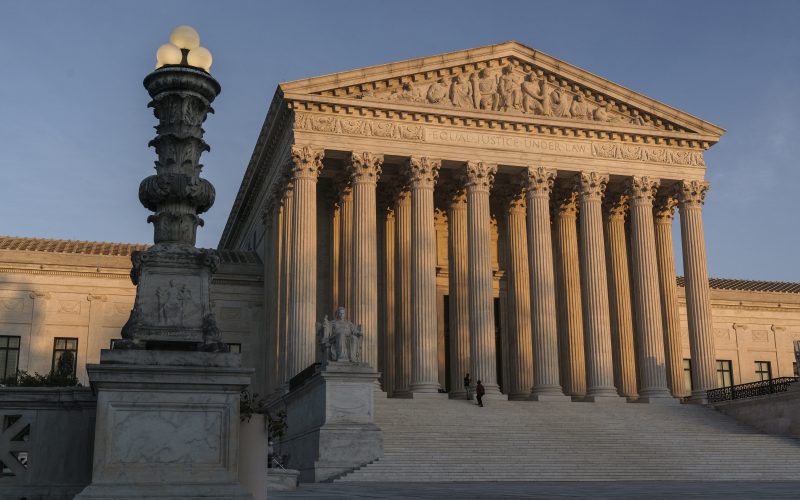
Columbia Law professor Jamal Greene joins us to talk about why courts have an outsized role in determining what Americans fight for and against, a method he says is out of line with what the framers of the Constitution envisioned.
Read more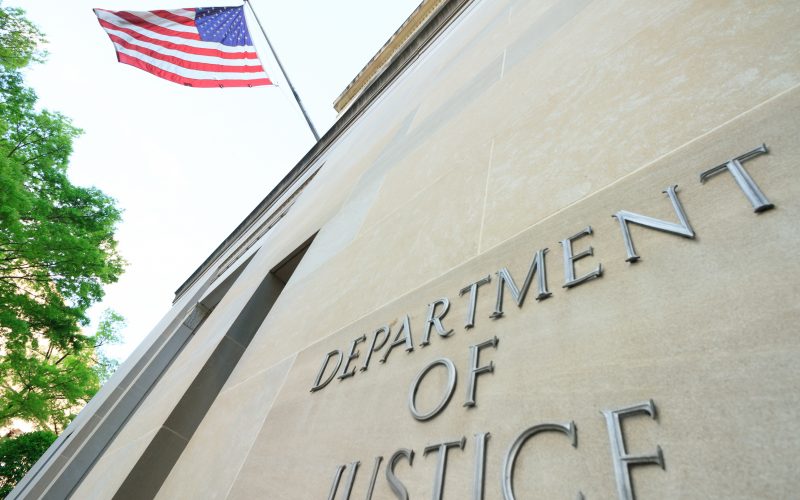
Alison Peck, a law professor at the University of West Virginia, joins us to talk about how we might remove politics from the immigration court system so that they can better serve both Americans and people looking to live here.
Read more
Nesrine Malik is a columnist and features writer for the Guardian, and she joins us to talk about how “wokeness,” “political correctness,” “free speech,” “cancel culture” and other shorthand terms are used to both drive and tamp down social justice movements.
Read more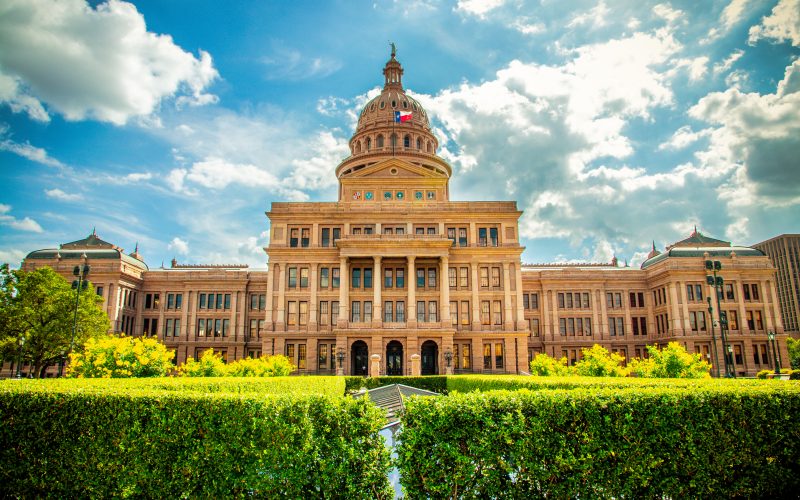
Journalist Bill Minutaglio joins us to talk about the state’s long history of conflict, violence, backroom deals, and bravado that’s created its political framework.
Read more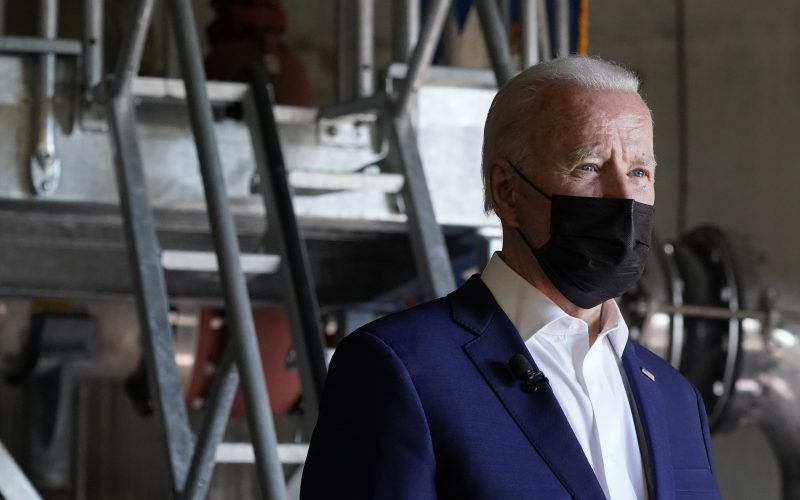
Adie Tomer joins us to discuss the details of the bill, the politics behind its contents, and how its being received beyond Capitol Hill.
Read more